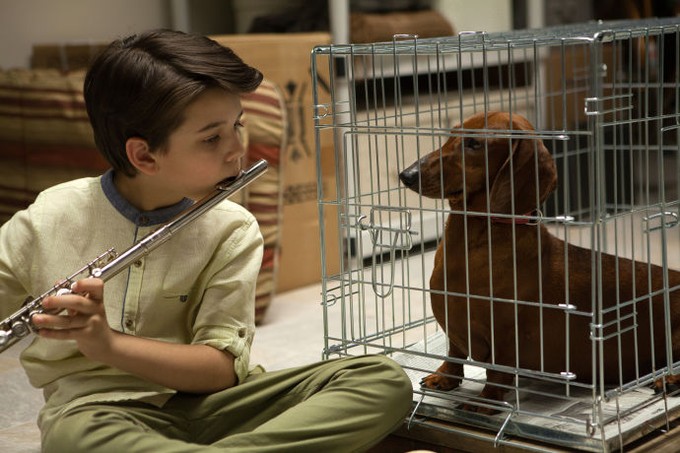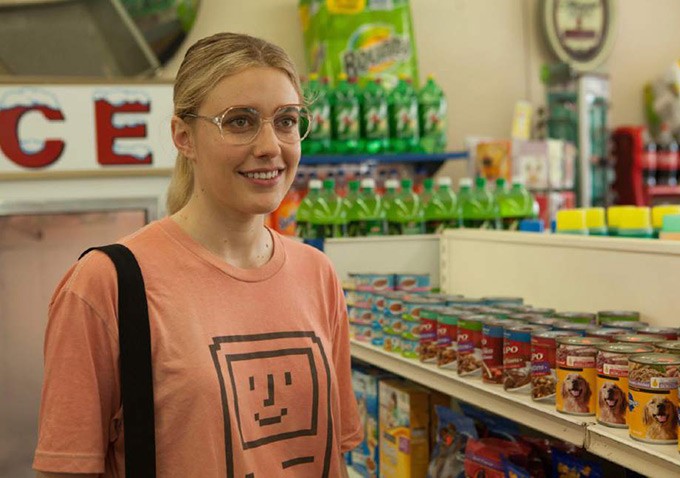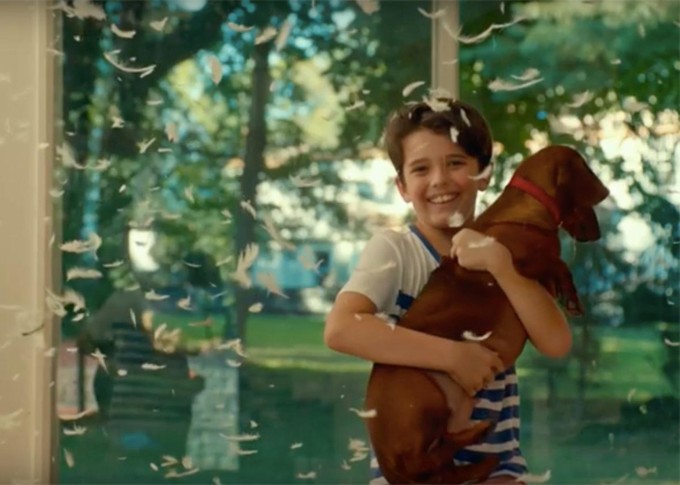Ain't It Cool News (www.aintitcool.com)
Movie News
An Interview with WIENER-DOG writer-director Todd Solondz!!!
Hey everyone. Capone in Chicago here, with a quickie interview from out sometime correspondent Matt Hoffman with writer-director Todd Solondz about his latest work WIENER-DOG, the follow-up to his breakthrough 1995 film WELCOME TO THE DOLLHOUSE—this time with Greta Gerwig taking over as Dawn Wiener. I’ll let Matt take it from here…
Readers Talkback




